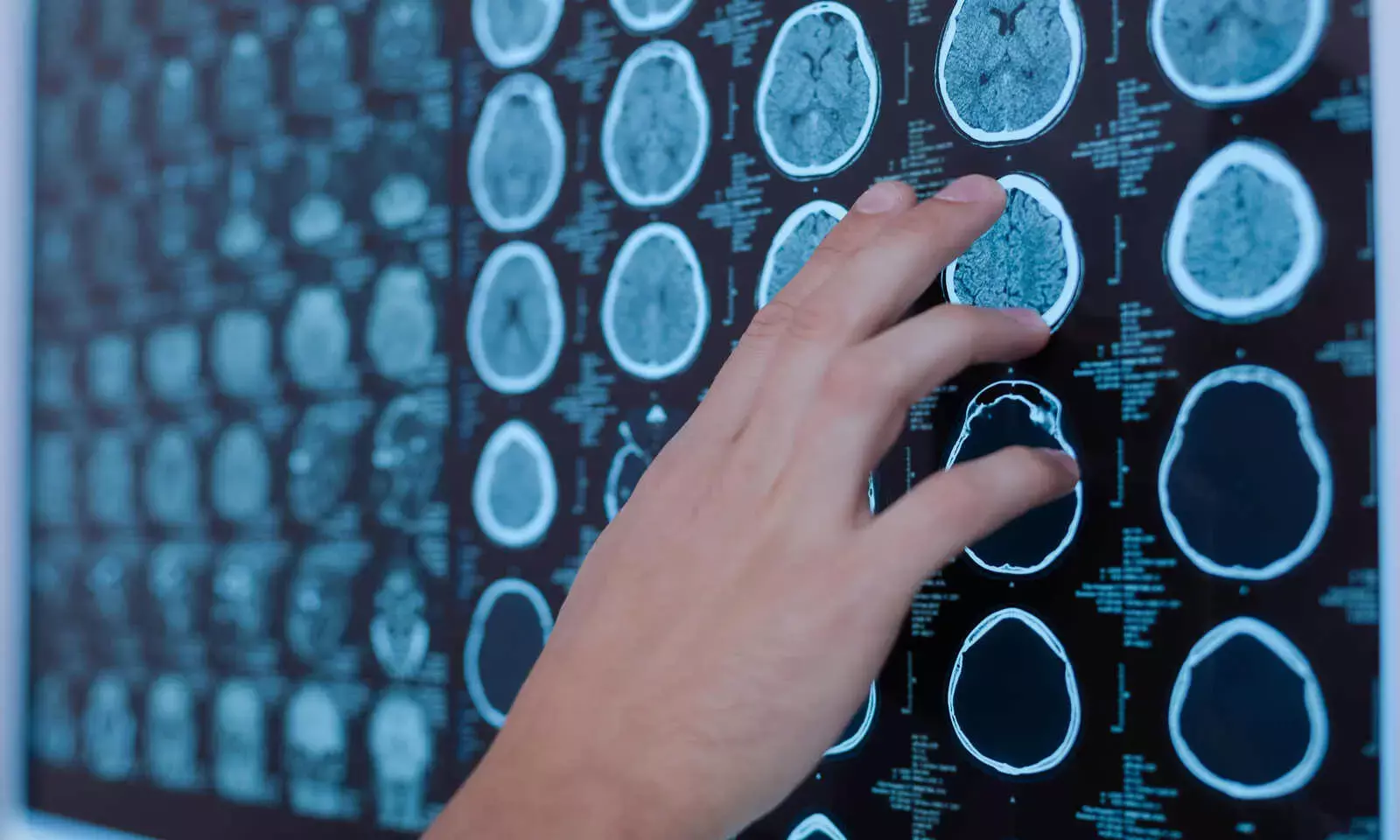In a significant development within the medical community, a prominent Georgia doctor and CEO has had his Kentucky medical license revoked after being accused of failing to diagnose a brain tumor. This incident has raised serious concerns about medical oversight and the responsibility of healthcare professionals in ensuring accurate diagnoses.
The doctor, whose name has not been disclosed to protect patient confidentiality, was serving both as a practicing physician and the CEO of a healthcare facility. The case came to light when a patient, under the doctor’s care, exhibited symptoms consistent with a brain tumor. Despite multiple consultations, the doctor failed to identify the tumor, leading to a delay in diagnosis and treatment. The patient’s condition subsequently deteriorated, prompting a thorough review by medical boards in both Georgia and Kentucky.
Investigation and Findings
The Kentucky Board of Medical Licensure conducted an extensive investigation into the incident. The board’s findings highlighted several critical lapses in the doctor’s approach to patient care. These included a failure to order appropriate diagnostic tests, inadequate patient follow-up, and a general lack of diligence in addressing the patient’s complaints.
Expert testimony during the investigation underscored that the symptoms presented by the patient should have prompted immediate and comprehensive diagnostic imaging, such as an MRI or CT scan. The omission of these crucial tests led to the missed diagnosis, which significantly impacted the patient’s prognosis and quality of life.
Consequences and License Revocation
As a result of the investigation, the Kentucky Board of Medical Licensure decided to revoke the doctor’s license to practice in the state. This decision underscores the seriousness with which the board views lapses in medical care, particularly those that result in significant harm to patients.
The doctor’s role as a CEO also came under scrutiny. The dual responsibilities may have contributed to divided attention and inadequate patient care. The case raises important questions about the capacity of medical professionals to effectively balance administrative duties with clinical responsibilities.
Reactions from the Medical Community
The revocation of the license has sparked a wide range of reactions from the medical community. Many healthcare professionals emphasize the need for continuous education and vigilance in medical practice. They stress that the evolving nature of medical knowledge requires doctors to stay updated and attentive to ensure they provide the best possible care to their patients.
Dr. Susan Williams, a neurologist, commented on the case, saying, “This incident is a stark reminder of the critical importance of thorough diagnostic processes. Medical professionals must prioritize patient care above all else, and this case highlights the severe consequences of failing to do so.”
Moving Forward
In light of this incident, both the Georgia and Kentucky medical boards are reviewing their protocols to prevent similar occurrences in the future. Enhanced training programs focusing on diagnostic accuracy, patient communication, and the importance of follow-up care are being proposed.
The healthcare facility where the doctor served as CEO is also undergoing an internal review to assess and improve its operational standards. Measures are being put in place to ensure that administrative responsibilities do not compromise the quality of patient care.
For the affected patient and their family, this decision brings some closure, but it also underscores the need for vigilance and advocacy in healthcare. Patients are encouraged to seek second opinions if they feel their concerns are not being adequately addressed.
Read More News:
- Explore the Remnants: Lost City of Etowah Reveals the Ruins of an Old Iron Furnace
- Discover WNY: Exciting Summer Day Trips for the Whole Family
Conclusion
The revocation of the Kentucky medical license of the Georgia doctor and CEO accused of failing to diagnose a brain tumor serves as a crucial lesson in the importance of diligence and thoroughness in medical practice. This case highlights the need for healthcare systems to support their professionals with adequate resources and oversight to prevent such lapses. As the medical community reflects on this incident, the focus remains on enhancing patient care and ensuring that such oversights do not recur.
Reference Article:
https://x.com/FOX56News/status/1817002262704566738

